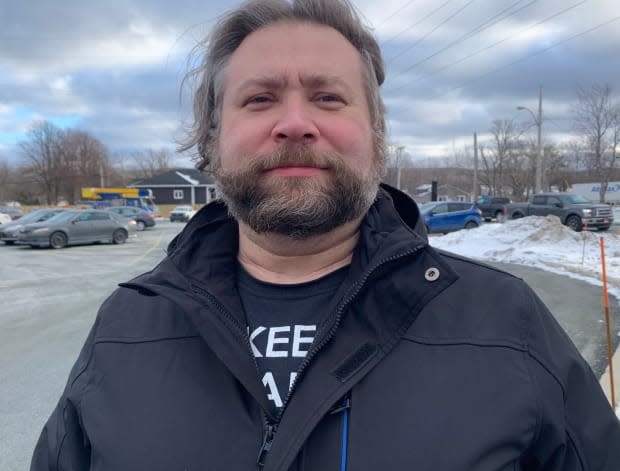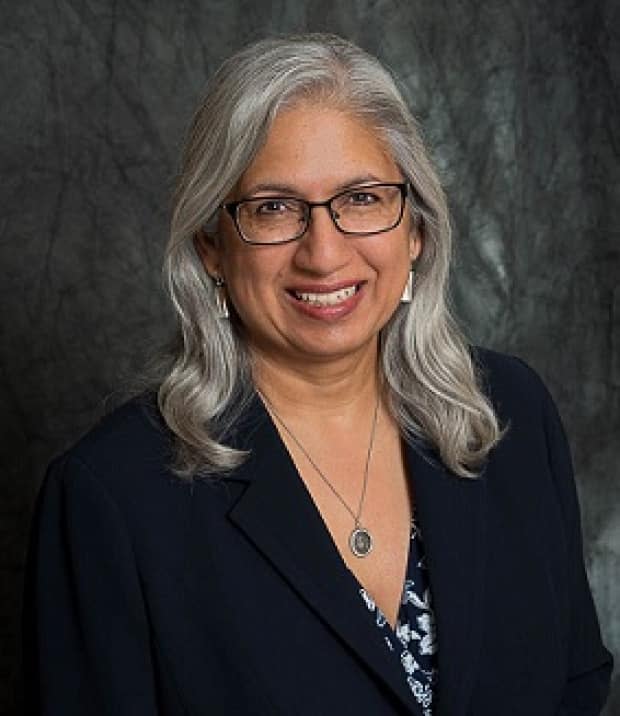Veteran says mental health supports for family members are essential

A military veteran in this province says there should be no compromise when it comes to providing mental health treatment and care for the families of service members.
"People often think about the veteran themselves but they don't think about the families and how they're affected," said Mark Gauci, who spent two decades split between the army and air force.
"If you've got a service member coming back with PTSD, that's not a singular condition. That affects everyone around them," he said.
His comments follow a new report from the Office of the Veterans Ombudsman that is calling for better access to mental health treatment for veterans' families.
A year ago, Veterans Affairs Canada brought in a new guideline that limited access to mental health treatment for some family members of veterans.
The reason for the change was because of political embarrassment, the CBC's Murray Brewster reported earlier this week.
There was an upswell in public criticism after news broke that convicted killer Christopher Garnier received taxpayer-funded PTSD treatment because his father was a veteran.
Then-veterans minister Seamus O'Regan ordered a stricter interpretation of existing rules which directly impacted some veterans and their families right across the country — including in Newfoundland and Labrador.
Revised but not reversed
CBC News documented several cases where military veterans across the country started reporting family members had mental health services reduced or stopped.
The ombudsman's office says it urgently requested the new guideline be reversed in January of last year. The guideline was revised in May, but not reversed.

In the meantime, the office started an investigation into the need for access to mental health treatment benefits for families.
Retired colonel Nishika Jardine issued her findings in a report released earlier this week.
The report confirmed that, in some cases, the stricter interpretation resulted in limiting mental health services previously provided to family members.
It said there was "a lack of transparency with respect to how these significant changes in interpretation were implemented."
It also said "the lack of clear communication caused confusion and frustration among some Veterans and their families, especially since some family members only found out about the changes during their mental health appointments."
Recommendations include family members
In its recommendations, the report calls on the federal government to provide government-funded mental health treatment to family members of Veterans when their mental health condition is related to military service, regardless of the Veteran's own treatment needs.
It also calls for a full gender-based analysis on treatment benefits to see whether anyone is being left out and for Veterans Affairs to be flexible when it comes to the urgent mental health needs of family members of veterans. As CBC reported earlier this week, Veterans Affairs Canada has said it will review the issue but no timeline has been given.
Immediately it was like a weight had been lifted off my shoulders. That support was there and it was needed. And that family member is doing much better because of that. - Mark Gauci
In a written response to the ombudsman's report, Veterans Affairs said existing regulations "do not provide the department the regulatory authority to offer funding for treatment benefits for a veteran's family member in their own right," although the department will aim to "be as flexible as possible where it can."
Meanwhile, Gauci says his own experience with mental health support from Veterans Affairs was a huge help for his whole family. While payments for treatment were briefly stalled last year, they ended up resuming.
"Immediately it was like a weight had been lifted off my shoulders. That support was there and it was needed. And that family member is doing much better because of that," said Gauci.

